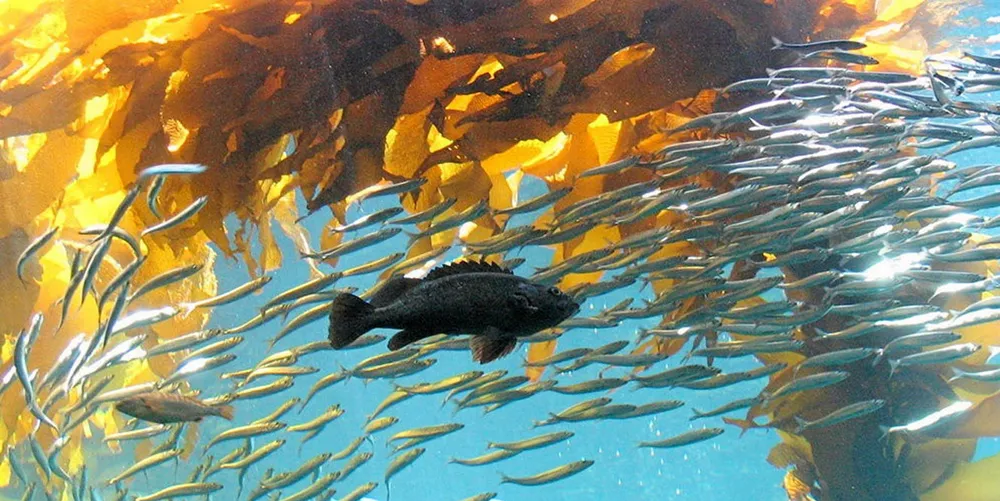US-based fund invests in Philippines seafood company, sets sight on $500 million reef fund
The Meloy fund was one of the first funds in the world to focus on small-scale fisheries, but it's thinking much, much bigger for its next play.

The Meloy fund was one of the first funds in the world to focus on small-scale fisheries, but it's thinking much, much bigger for its next play.
